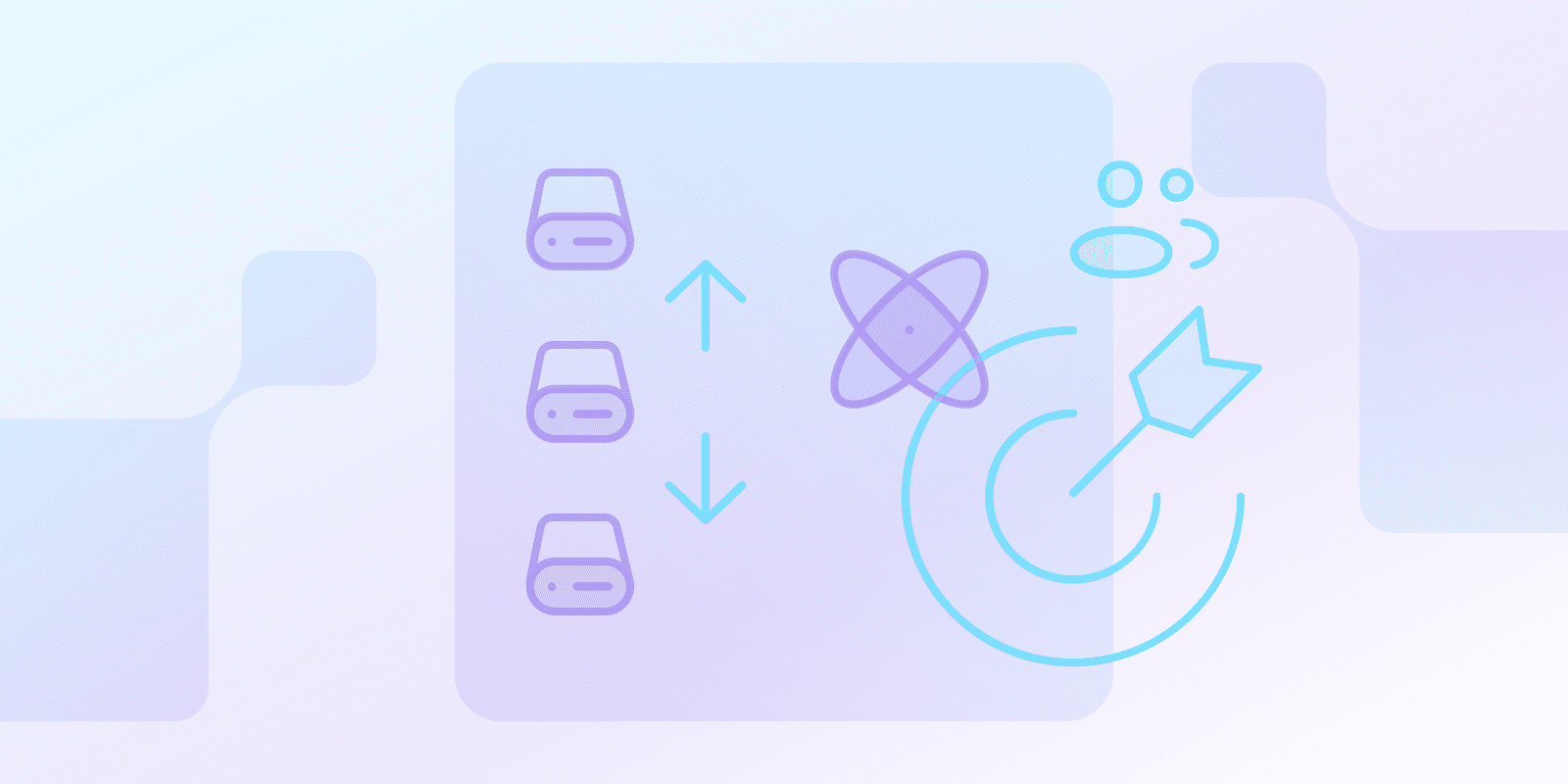SaaS Types
What is Vertical SaaS?

What is Vertical SaaS?
Vertical SaaS (Software as a Service) is a type of software that caters to specific industry needs. Different from traditional software, vertical SaaS is highly niche, delivering functionalities that are aligned with sector-targeted workflows and regulations.
What is the key difference between vertical and horizontal SaaS?
Horizontal SaaS offers platforms with a wider scope, used across multiple sectors. Project management applications, CRM systems, or email marketing software are great examples of horizontal SaaS products.
In contrast, vertical SaaS concentrates on the specific requirements of a single industry. For example, a legal practice management tool or a billing software designed for the requirements of medical practices is vertical SaaS.
| Feature | Vertical SaaS | Horizontal SaaS |
|---|---|---|
| Market Focus | ||
| Industry Scope | Single industry specific | Multiple industries |
| Target Market | Niche market segments | Broad market audience |
| Functionality | ||
| Feature Focus | Industry-specific workflows | General business processes |
| Example Applications | Medical billing software, Legal practice management | CRM systems, Email marketing tools |
| Business Impact | ||
| Customization Level | Highly specialized | Generally adaptable |
| Regulatory Compliance | Industry-specific regulations | General business compliance |
What are the benefits of using vertical SaaS for specific industries?
Vertical SaaS is an alternative among SaaS and software developers.
This is mainly because this SaaS type is focused on industry-specific operations and workflows, keeping resources under control. Also, vertical SaaS adheres to different regulations.
Users of vertical SaaS software are provided with additional insights and technology, as well as reporting features.
Real-life Vertical SaaS Examples
- MindBody: This is a cloud-based management system created for health and fitness businesses. It offers support in areas like scheduling and client profile handling, payment processing, and marketing tools.
- OpenTable: This vertical SaaS solution offers reservation and table management services for restaurants. It also provides users with clients with targeted data and insights.
How can I identify the right vertical SaaS solution for my business?
To determine the appropriate vertical SaaS stack, SaaS developers should consider the following two-step process. The first phase consists of assessing your internal operational workflows and identifying your niche-relevant issues.
The second phase is to undergo a thorough research and comparison of existing vertical SaaS options in terms of experience, expertise, and features. Analyze which one offers targeted functionalities to your requirements.
Following this process, you can ensure that the alternative you decide on fits your business needs.
It’s important to compare alternatives from the scalability perspective to achieve a long-term fit.
Should I consider white-label SaaS as an option for my vertical SaaS business?
When developing your vertical SaaS solution, white-labeled platforms can be an alternative. Product developers utilize limited resources to create products by merging these two options.
White label is software created by a developer and sold under another company’s brand name.
In this approach, the business purchasing the white-labeled product can easily rebrand it and further sell it to customers without having to invest in building the technology used.
White-label platforms work with existing technology that can be adapted to industry requirements.
It’s a good idea to make sure that the white-label technology you intend to use is stable and robust.
What are the challenges and opportunities associated with launching a vertical SaaS startup?
The challenges faced when using vertical SaaS software to launch a start-up include:
- In-depth industry knowledge: To leverage vertical SaaS technology, developers are required to have niche expertise.
- Smaller audiences: Unlike horizontal SaaS which addresses larger markets, vertical SaaS is focused on solving highly specific issues within industries.
On the other hand, some of the opportunities associated with vertical SaaS solutions are:
- Product value: Vertical SaaS addresses unresolved requirements within a niche sector.
- User loyalty: Brands can ensure user satisfaction and loyalty with vertical SaaS.
- Industry positioning: Developers employing vertical software as a service (SaaS) are seen as professionals in the field.
- Competition: With less competition, the vertical SaaS market enables businesses to connect with their target market.
Conclusion
Vertical SaaS technology can be used to build eCommerce products and tools.
However, while this software type offers efficiency or a rapid launch, it’s important thoroughly asses available options and choose the alternative that answers your requirements best.